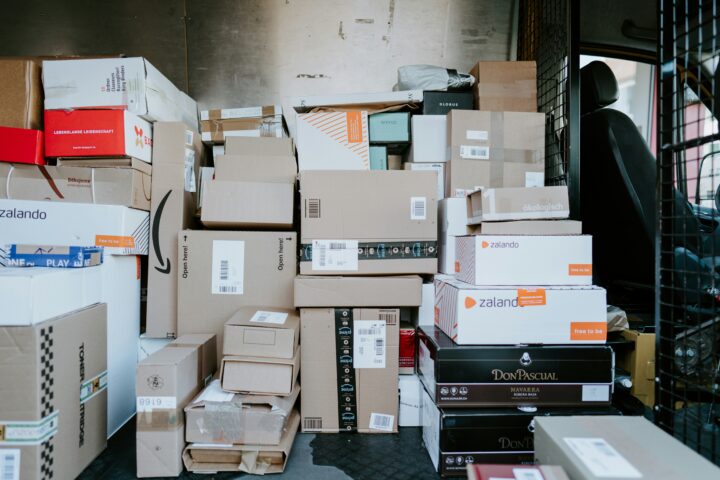
4 of the most common types of loss that small businesses may face can be avoided with proper protections in place
Just because you run a small business and not a multi-national conglomerate doesn’t mean that you don’t have to deal with some of the same issues and concerns that they do. There are a few constants in business that will require your attention, one of the most important ones is loss.
Loss occurs when you lose money due to an outside circumstance, such as an unsellable product or lawsuit. There are different types of loss for various businesses, but there are a few that tend to come up across the board.
If you’re concerned about loss in your small business, then here are some tips to help you avoid risk and reduce loss.
Cash Loss
You might be thinking, “why are you talking about cash loss when everyone pays with card nowadays?” Granted, digital means of purchase have become a societal norm and are surely growing but they are in no way going to replace cold hard cash in the near future. People still like to use the old school green paperbacks for their purchases, so it’s important to recognize that your business is still at a risk for cash loss (unless there is no cash stream whatsoever, in which case you can skip this one).
More often than not cash loss occurs internally as a result of theft, which tends to take place at the point of sale. You should first identify the cause of loss: is it employee theft? Consumer theft? Then, take steps to prevent it. The average salary for a security guard is $30,000 a year according to the U.S. Bureau of Labor Statistics, it might be worth it if your net loss equates to more than that.
Property Loss
Even if you don’t think you’re business is at risk for property loss, there are too many possible risks for you to be correct in your assumption. Property loss can come in many different forms and can be specific to the type of business that you operate. For example, if you operate a hotel, then you could be at a higher risk for property loss via fire. Hotel and motel fires equate to $76 million in property loss each year, so it’s important to assess your specific risks. A great way to solve this type of loss is by auditing your location(s) and processes to look for possible areas of risk. You can then implement a more permanent solution, such as an updated fire sprinkler system or a broader insurance policy.
Damage Loss
The other type of loss that is a common aspect in industries with tangible goods and equipment is damage loss. It costs you money to get the supplies or goods in order to sell for a profit. If those goods are damaged before they can be sold, then you take the hit and lose a lot of money. Even for items that aren’t for sale, such as equipment used in operations, you can suffer damage loss. If you went out a purchased a new air compressor, for example, only to have it be damaged beyond repair by your employee on the first day then you’ve experienced damage loss.
A great way to prevent damage loss, particularly in the transportation of your products, is by partnering with a shipping company that can insure your goods and provides quality shipping services. Globally, the aviation industry transported roughly $6.4 trillion worth of cargo in 2012 and so many companies have great insurance options. Find one that works well with your budget and business model.
Digital Loss
Loss isn’t always physical, and with the increasing dependence on digital platforms and tools, it can be a more pressing concern than you first thought. If you have all of your financial information on a network, including your account details, customer information, and any other important info, then you are at risk for financial loss through digital means.
While cyber attacks aren’t a new concept (58% of businesses are worried about them), most small businesses think that they’re safe from any attacks. Truthfully, everyone and anyone is at risk. It’s important to insure yourself against specific risks, in this case, cyber attacks. Utilizing cybersecurity and using cloud-based backup technology are great insurance investments.
No matter what types of loss you think your small business may be at risk for, it’s important to do a full audit of your company and all operational aspects. What you thought was your biggest risk area could actually be your smallest and you could be losing money elsewhere. Knowing where you’re at risk is your first step to preventing losses.



